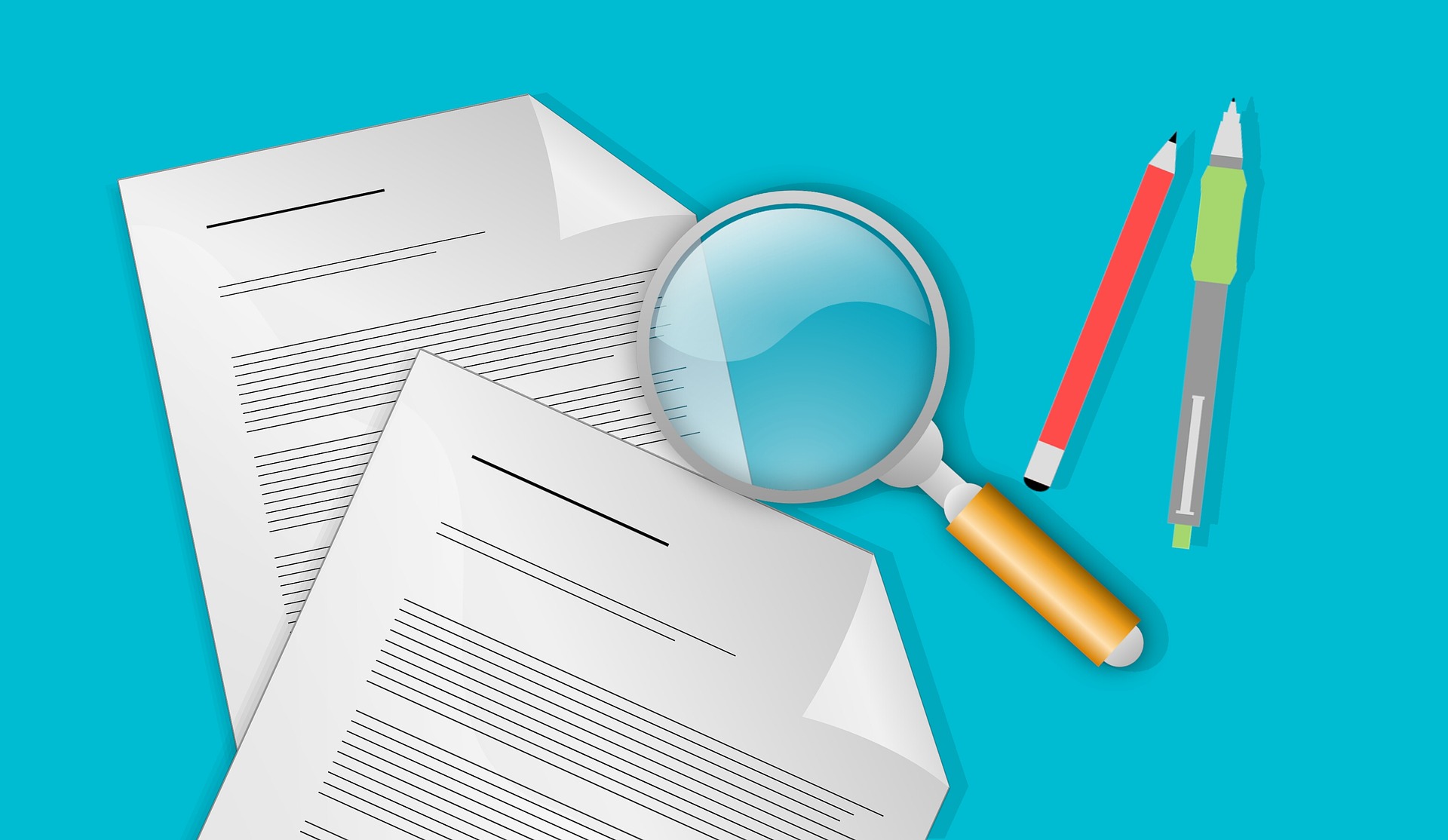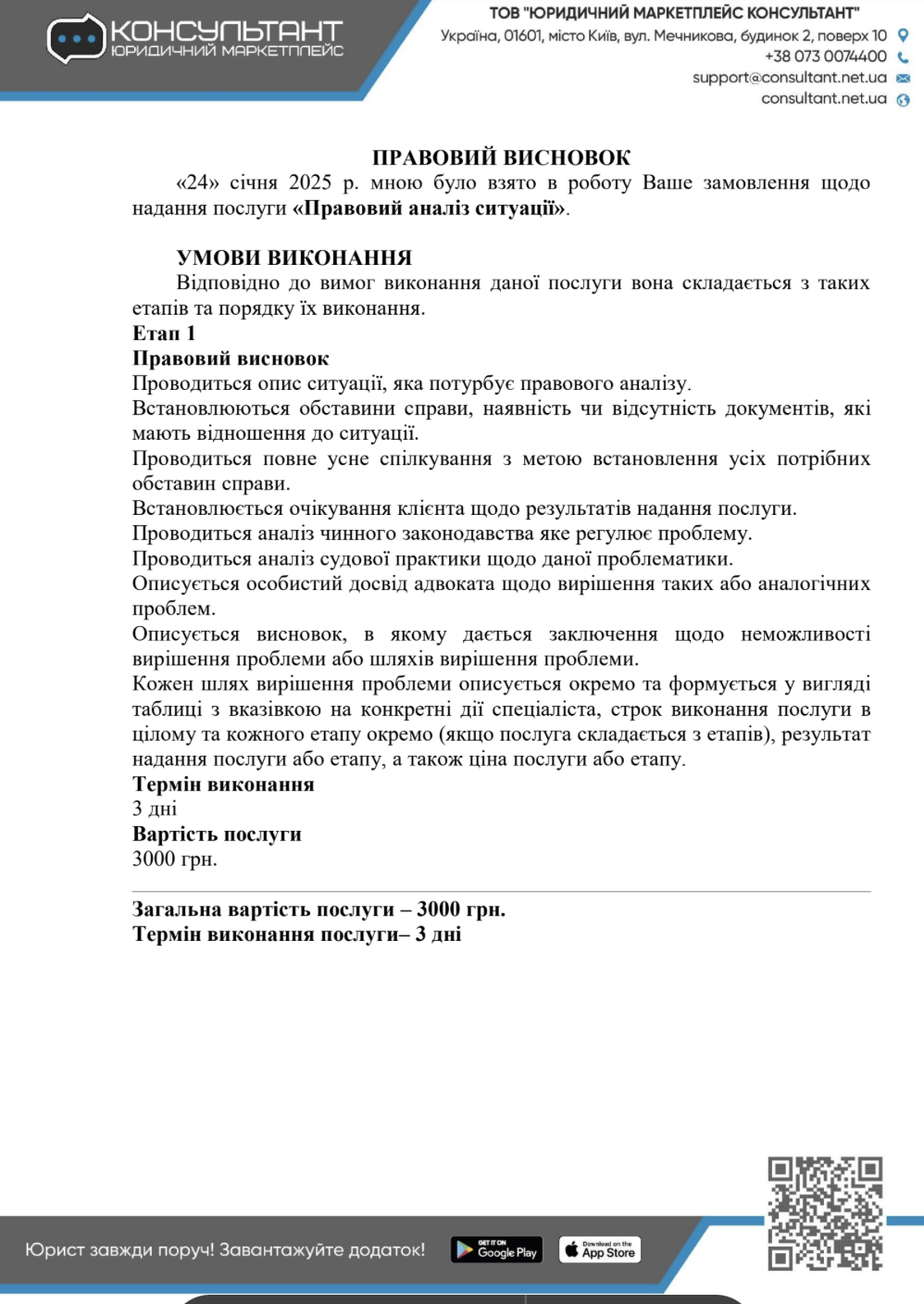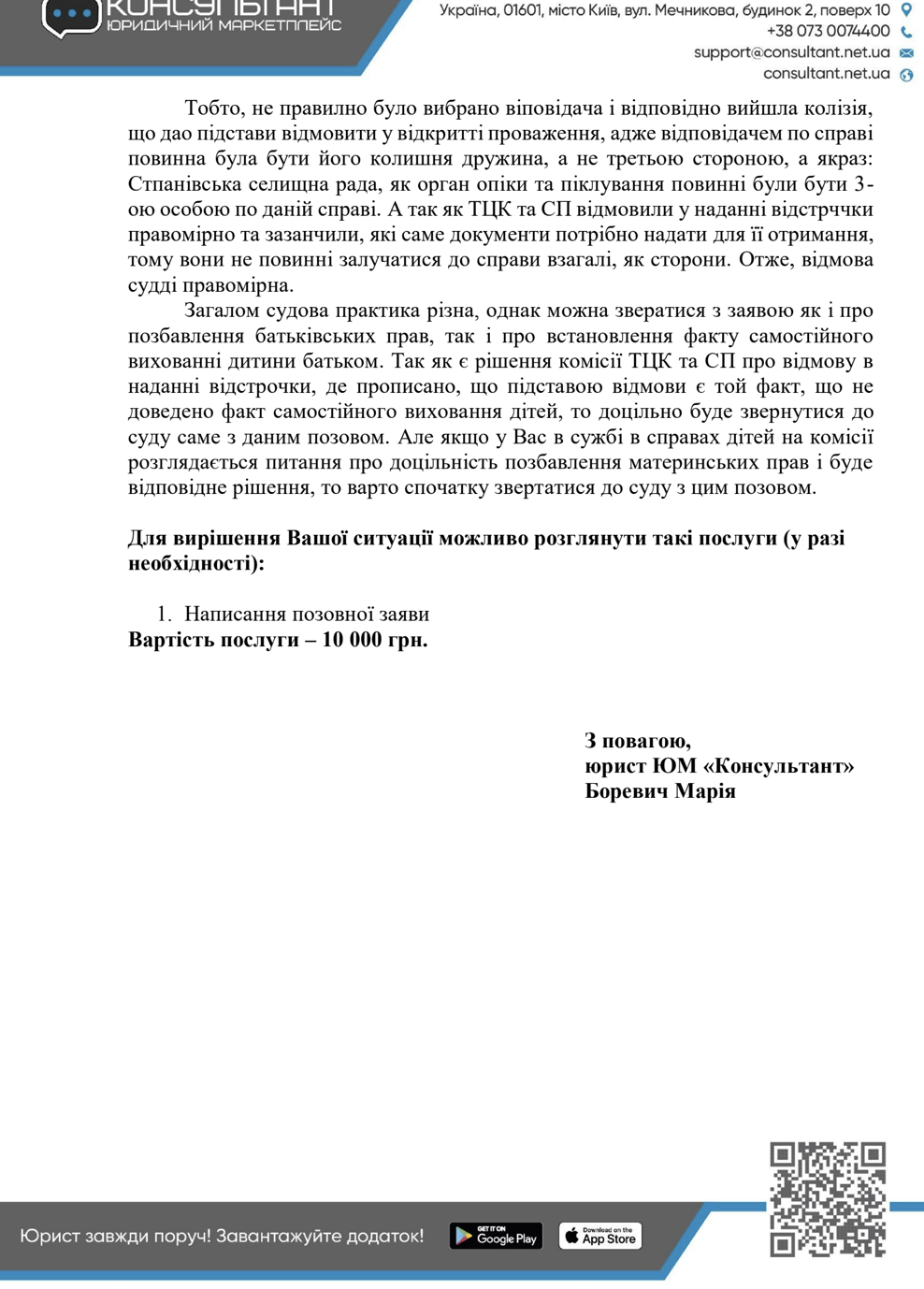I am Mariya Borevich, your personal lawyer. My primary goal is to help clients find optimal solutions to current legal issues, ensuring reliable protection of their interests. I specialize in family, civil, and military law, which allows me to effectively handle a variety of situations and cases. In family law, I provide support in resolving issues related to divorce, property division, establishing and challenging parental rights, alimony, and child custody. I understand that these matters are often emotionally complex, so I always strive to find the most delicate and fair solutions for all parties involved. In civil law, I assist in settling disputes related to contracts, property rights, compensation for damages, inheritance, and other issues concerning the protection of personal and property interests. Special attention is given to military law — supporting servicemen, protecting their rights and interests related to military service, social guarantees, and legal disputes. This area requires deep knowledge and understanding of the specifics of military service and the legislation regulating it.
Legal Analysis of the Situation: A Clear Action Algorithm to Achieve a Positive Outcome
In complex legal situations arising in the everyday lives of Ukrainian citizens, especially amid constant legislative changes, it is essential to have clear, thorough, and professional legal support. This is particularly important in cases involving military service obligations, medical issues, administrative procedures, and appeals against decisions of state authorities. Legal analysis, as a key tool in legal practice, allows for breaking down complex cases into comprehensible elements, identifying potential risks, and most importantly — developing a clear algorithm of actions that ensures a positive outcome.
Legal analysis is a comprehensive procedure that includes studying the documents provided by the client, analyzing current Ukrainian legislation, judicial practice, preparing a written opinion, and developing a detailed action plan for the client. If a positive resolution is not possible, the client is given a reasoned response with references to legal norms justifying such a position.
A proper legal analysis not only helps protect the client's rights but also prevents mistakes, misunderstandings, and unnecessary expenditure of time and resources. That is why professional lawyers pay particular attention to this aspect.
Key Stages of Legal Analysis
- Gathering Information and Documents.
The lawyer conducts a detailed interview with the client to collect all necessary information: event chronology, case circumstances, available documents. Client openness and trust are vital, as even seemingly minor details can be crucial. - Review of Legislation and Judicial Practice.
A thorough analysis of the relevant legal norms applicable to the situation is conducted. If needed, judicial practice is studied to forecast possible developments, identify risks, and determine avenues for appeal. - Drafting a Written Opinion.
The lawyer prepares a written document presenting the legal position, analysis of the provided materials, and arguments in favor of the client. The opinion includes references to relevant laws, court decisions, and official documents. - Development of an Action Plan.
Once the position is formed, a step-by-step plan is created, outlining timelines, required actions and documents, and recommendations for each possible scenario. - Client Consultation and Support.
The lawyer provides ongoing support, assists in preparing documents, filing applications, and representing the client before authorities or courts. This stage may continue until the case is fully resolved.
Three Key Advantages of Quality Legal Analysis
Transparency and Clarity of Actions
Legal analysis provides a clear action plan, eliminating uncertainty and allowing the client to understand what, when, and how to proceed.
Protection of Client's Rights
Thorough analysis of laws and documents enables effective protection of the client’s rights and interests, preventing violations and unlawful actions by third parties.
Time and Resource Optimization
Following a defined action plan helps the client avoid unnecessary steps, mistakes, and delays, saving time and money.
Main Stages:
- Obtaining Complete Information from the Client.
The lawyer must ask all necessary questions, clarify details, and gather the maximum amount of data for analysis. Without full information, quality analysis is impossible. - Review and Systematization of Provided Documents.
The documents are analyzed for compliance with legislation, correct formatting, and presence of facts useful to the case. - Study of Relevant Legislation.
The lawyer verifies applicable laws and norms, checks for updates or clarifications affecting the case. - Analysis of Judicial Practice.
Examining previous court decisions on similar issues helps anticipate case developments and build arguments. - Identifying Potential Risks and Opportunities.
The lawyer evaluates the strengths and weaknesses of the case and develops a defense or protection strategy. - Preparation of a Written Legal Opinion.
The document should include fact analysis, applicable laws, court precedents, and recommendations. - Drafting a Detailed Action Algorithm.
Steps, timelines, documents, actions in case of refusal or issues, and advice on how to avoid mistakes. - Consultation and Support for the Client.
The lawyer assists at every stage, answers questions, prepares additional documents, and ensures representation.
Question
How can I know if I have provided enough documents for legal analysis?
Answer
After reviewing the situation, the lawyer identifies the necessary document list. If anything is missing, the client is informed and given recommendations for obtaining the missing documents. Providing a full package speeds up the analysis and improves the quality of the conclusion.
Question
What should I do if I have doubts about the correctness of the legal advice I received?
Answer
In such cases, it is important to seek a second opinion from another lawyer or request detailed explanations from your current lawyer. A professional lawyer will always provide clear arguments and legal references, allowing the client to make informed decisions.
Legal analysis is not just data collection or a standard legal consultation. It is a fundamental tool for protecting the client’s rights and interests. It enables assessment of the current situation and development of a proactive, strategic approach in a complex legal environment. It requires deep understanding of legislation, the ability to interpret legal norms in context, and the foresight to anticipate risks and propose real solutions. Legal analysis is particularly valuable in cases involving conflict of interest, government action appeals, or disputes related to medical or military issues, where even a small mistake can have serious consequences. That is why a competent legal analysis is not merely desirable but essential in making informed decisions. It allows clients to see not only "what happened" but also "what to do next," understand their rights and options, and have a step-by-step action plan — which means peace of mind, control over the situation, and confidence in their chosen path. In legal matters, there are no accidents — only preparation, analysis, and experience. These three elements form the foundation of quality legal support capable of turning the case outcome in the client’s favor.







































